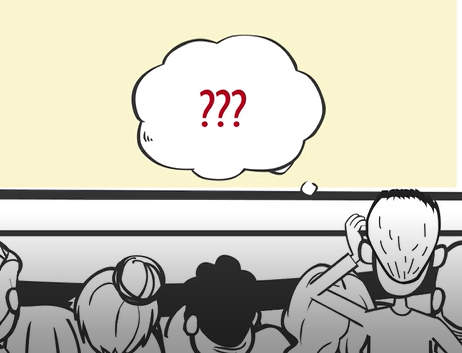Constitutional Executive Orders

This page changed with the April 05, 2024 edit.
To move all ads to bottom of screen, shrink the window width
Be part of the success!
Help spread the word!

This page changed with the April 05, 2024 edit.
Constitutional Executive Orders are immediately enforceable; where ratifying amendments can take years. As amendments, they carry more authority and longer life-span.
To help us right our fallen nation and improve our failed government, We, the governed people must correct the way we think about government. Governments are corporations.
We own our governments. The people in government offices (elected, hired, appointed, delegated, contracted, volunteering, etc.) are our employees. They work for us!
We must act like we own our governments and that our government officers truly are our employees. The definitions shown on the, What is Government, page define government as a corporation from 1756. The President is president of "The United States of America", the name for our nation's government; CEO, if you will, over all the subsidiary levels and branches. The President's office itself, subject to The Supreme Law of the Land.
Constitutional Executive Orders are immediately enforceable. Unfortunately, new presidents are not obligated to enforce previous Executive Orders. However, when we add Clarifying Constitutional Amendments, it becomes a crime against the people, Treason, for any president to not enforce them.
Enforcing the contractual vote-count
Reducing all crime to extinction-level lows
The census violates the right to privacy and is not constitutionally authorized
Wages and Income are not synonymous
The application of the income tax code that violates Amendment 16.
Creating an "income tax" replacement that applies equally to the beggar and the billionaire.
Reducing our nation's debt to constitutional levels
A design as old as the nation —but not yet practiced
Provides equal processing approval time for a variety of different food and medicine types; including street drugs.
Correct the political injustices done to the residents and businesses within the DC area.
To make constitutional Executive Orders more permanent
The governed people, are intended to work together to properly control their government's powers to equally protect each other's rights.
Share any content within this website. Get others talking about —Getting & Keeping Clean Honest Government.
[End Page Content]
To move all ads to bottom of screen, shrink the window width
Help make it happen!
Help spread the word!